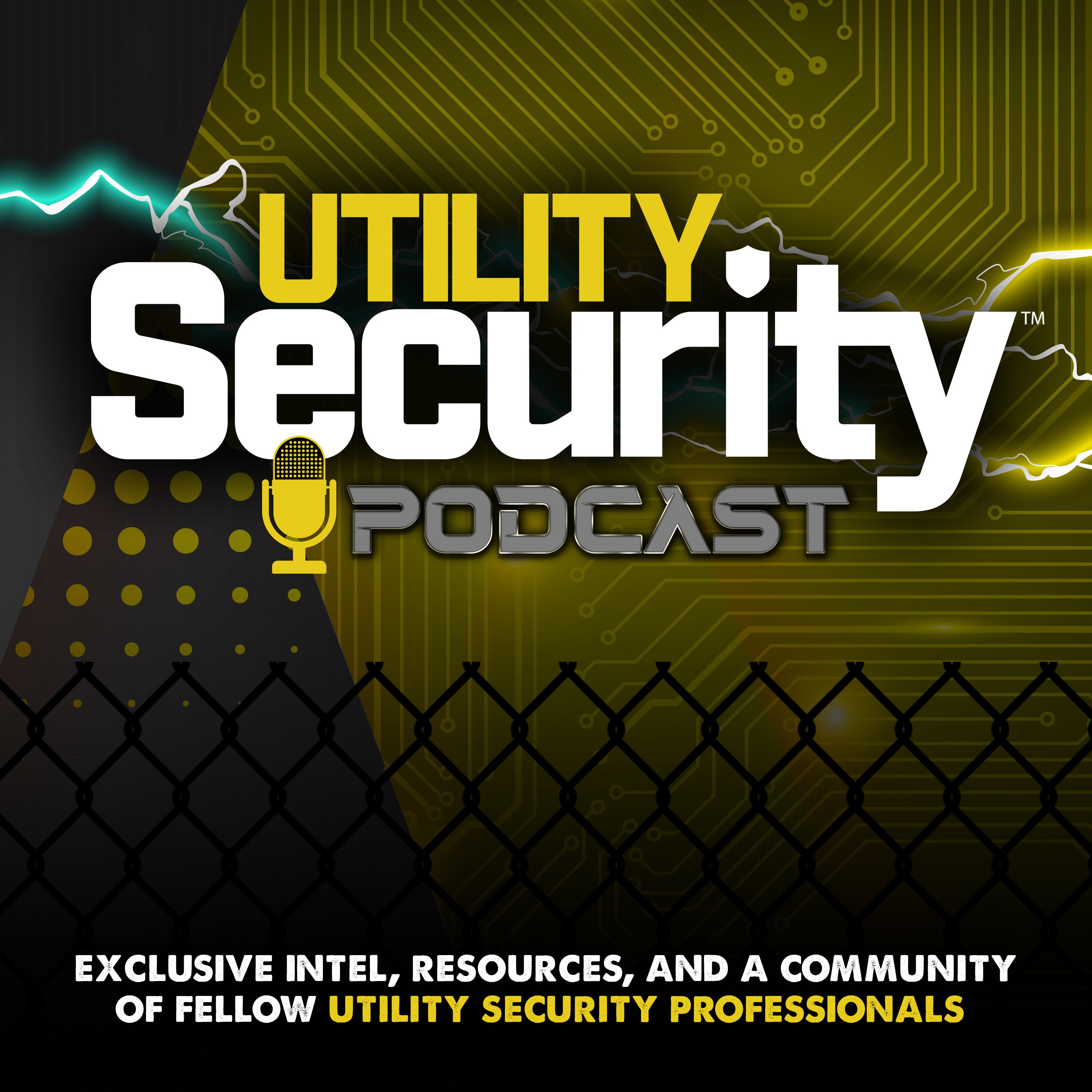
1.3K
Downloads
23
Episodes
With readers from electric, gas, water and telecommunications, internet/cable utility organizations—as well as other key critical infrastructure segments—we reach a wide-spanning scope of decision makers across the industry. Because we have more than 20 years of established connections with the utility industry, we know this industry and our readership views us with trust that has been earned over many years.
Episodes
Monday Jul 14, 2025
Monday Jul 14, 2025
In this episode of the Utility Security Podcast, host Curtis Marquardt, Jr. sits down with Ross Falisi of VRP Group—a seasoned expert in utility and disaster security. As hurricane, flood, and wildfire seasons ramp up, utilities must prepare to protect both their people and their reputation in the face of increasing threats—from natural disasters to civil unrest and targeted attacks.
Ross shares actionable strategies drawn from real-world experience, including how to build effective disaster response plans, why flexibility (or “Semper Gumby”) is essential, how to safely manage worker camps, and why hiring the right kind of security firm can make or break your operation. Whether you’re a utility executive, storm boss, or security leader, this episode is packed with frontline-tested insights that can help you prevent chaos, control risk, and come out of a crisis stronger than before.
Key Takeaways:
-
Preparation is critical, but flexibility is what sustains effective disaster response.
-
Command and control structures are vital—especially in chaotic, resource-limited environments.
-
Camps for crews must be secured and alcohol-free to reduce risk of injury, crime, and reputation damage.
-
Not all security is created equal: Vet security vendors thoroughly and ensure they specialize in disaster environments.
-
Community engagement, cultural awareness, and proper de-escalation training are essential to protect both workers and public relations.
3 Q&As from the Episode:
Q1: Why should utilities prohibit alcohol in worker camps during disaster response?
A: Because 90% of camp incidents—injuries, assaults, and more—can be linked to intoxication. Eliminating alcohol drastically reduces operational risk.
Q2: What’s “Semper Gumby” and why is it important?
A: It’s the mindset of staying flexible. Even with a great plan, conditions change fast. Flexibility helps teams adapt while maintaining control and safety.
Q3: Why are off-duty police officers not always the best security option?
A: While experienced, they’re legally bound to public duties first. In disaster scenarios, this can compromise your assets and operations. Specialized, contracted security teams ensure focus, structure, and accountability.
Tune in to stay updated and informed about securing our nation's utilities!
Subscribe to Utility Security Magazine at no cost! - https://utilitysecurity.com/subscribe-now/
#UtilitySecurity #DisasterResponse #CriticalInfrastructure #UtilityResilience #FieldCrewSafety #StormRecoverySecurity

No comments yet. Be the first to say something!